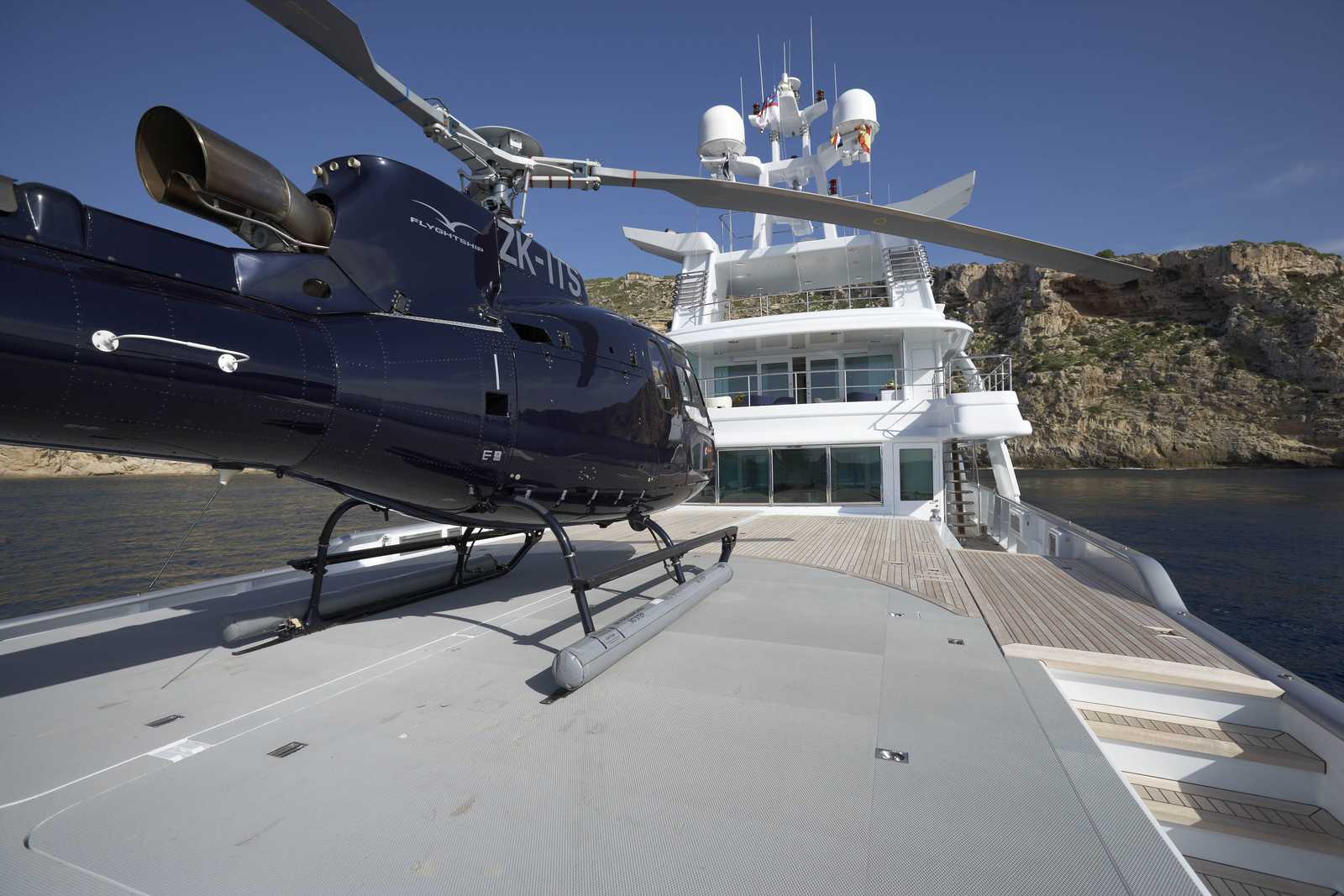This week we had the opportunity to sit down with our specialist tax partners for a Q&A session on the Offshore Disclosures Facility.
Read on as this is very important and effects almost all crew working in the Superyacht industry
 Firstly could you explain to me what the Offshore Disclosures Facility is?
Firstly could you explain to me what the Offshore Disclosures Facility is?
The Offshore Disclosures facility is an amnesty for UK citizens that have undeclared offshore earnings. It is directly aimed at targeting offshore evasion. The G20 have now also opted for similar schemes such as the Offshore Disclosures Program in the United States & Project Lets Do It in Australia.
What is offshore evasion?
Offshore evasion is using another jurisdictions systems with the objective of evading UK tax. Broadly speaking this falls into three areas:
- Moving UK gains, income or assets offshore to conceal from HMRC
- Not declaring taxable income or gains that arise from overseas
- Using complex offshore structures to hide beneficial ownership of assets, income or gains.
When does the amnesty end & what happens if I do not declare?
Time is definitely running out for those who have not already declared. The UK disclosure facility ends on 30th September 2016. Individuals who choose not to declare their earnings can face fines of up to 200% of tax evaded and possible imprisonment as it is now a criminal offence.
Project Lets Do It in Australia came to an end on 19th December 2014. The IRS however have not stated when their Offshore Disclosures Program will end.
How can I declare my earnings through the facility and what are the benefits?
UK seafarers can declare their earnings under the Seafarers Earnings Deduction; providing that they spend more than 183 days out of the UK and work onboard a ship. If you declare now before becoming subject to investigation you will not face fines and will not have to pay tax on your earnings. However if you owe tax through work days in the UK or not qualifying for the exemption you will only pay 10% on top of your tax bill as opposed to 200%.
What happens if HMRC contact me first?
We have a growing number of clients who have been contacted by HMRC so much so that we launched a Tax Resolution Centre specifically to cater to their needs. If they do make contact with you first you are faced with the following prospects:
- Tax investigation into your financial affairs
- You will not qualify for penalties at the lowest rates
- You will have to pay the taxes you owe for up to 20 years
- You could face criminal prosecution
What if I move my funds to the Cayman Islands, surely it is safe there?
The UK signed ten more automatic exchange agreements in 2014 with the following Overseas Territories; Anguilla, Bermuda, the BVIs, the Cayman Islands, Gibraltar, Monserrat and the Turks & Caicos Islands; and the Crown Dependencies: Jersey, Guernsey and the Isle of Man.
The new global standard developed by the OECD has been endorsed by the G20 and now 44 jurisdictions in total. This will lead to a step change in tax transparency and the ability for governments to clamp down on those who seek to evade paying tax.
What exactly will the new global exchange mean? What type of information will the G20 actually have access to?
In HMRCs No Safe Havens annual publication on the facility they outline exactly what information will be shared. The 44 jurisdictions are shortly going to share the following:
If you have a:
- A bank account
- An investment account
- A custodial account
They will also be able to see:
- Your name
- Full address
- Account number
- Annual balance
- Details of your income
When I browse the yachting forums on Facebook I still see individuals posting ‘where is the best place to open an account to avoid paying tax?’ What is your view point on this with regards to the facility?
It always surprises me when people choose to openly broadcast on social media that they are looking to avoid paying tax and where is the best place to bank offshore. It is startling that they believe that in this day and age with the open exchange of information that this is still possible and the right course of action.
HMRC contacted over 20,000 people in 2013 about their offshore assets. In 2014 under new legislation offshore banks in any of the 44 jurisdictions were required to start collecting information on offshore accounts of UK & US residents. This information will reach HMRC by the start of 2016.
Clients who bank offshore could also face their accounts being frozen if they cannot prove that they have disclosed their offshore income.
Are Offshore accounts still permitted under the Offshore Disclosures Facility?
There is nothing wrong with having offshore accounts & investments overseas as long as you declare all taxable income and gains on your UK tax return. The facility is not designed to stop people banking offshore, but rather allow individuals to bring their tax affairs up to date if they have worldwide income that’s not been taxed before.
The net benefits to holding offshore currency accounts are that you can have your salary paid into an account of the same currency. You can also withdraw funds overseas in the same currency, for example if you hold a euro account and work in the EU you can withdraw euros and not receive currency exchange charges.
If you would like to discuss your situation or what you need to do next to make sure you are in the right position give us a call or send us an email and we will be happy to help.